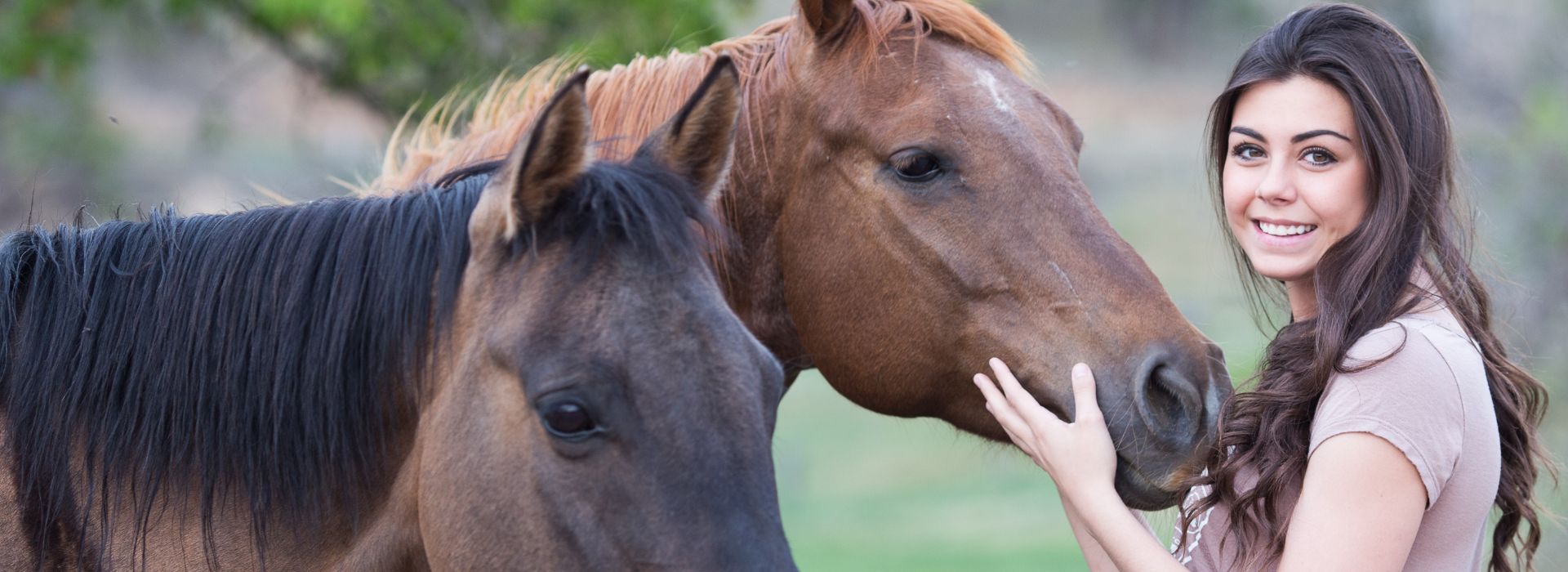Thinking of Buying a Horse? Don’t Miss These Critical Checks

Buying a horse is a big deal. Whether you’re dreaming of trail rides, rodeo days, or a best friend in the barn, choosing the right horse means asking the right questions—and doing your homework. Let’s go over the key things you need to check before you shake hands and load up the trailer.
1. Health Check
Before anything else, make sure the horse is healthy. This means getting a pre-purchase exam (PPE) done by a licensed vet. Don’t skip this step—it could save you thousands in surprise vet bills later.
What the vet looks at:
- Heart and lung health
- Joint and leg soundness
- Teeth, eyes, and hooves
- Any signs of past injuries or illness
Ask for medical records too. If a seller doesn’t want to share those or says a vet check isn’t needed—walk away.
2. Temperament and Personality
A horse can be perfect on paper but still not the right fit for you. Spend time with the horse. Groom them, lead them, ride them. Ask yourself:
- Are they spooky or calm?
- Do they respond well to handling?
- Can you picture riding them alone and in a group?
Temperament is especially important if you’re a beginner. For guidance, check out this article on horse temperament explained—it breaks down what different types mean and why they matter.
And if you’re just starting out, you might also want to read about the 7 Most Affordable Horse Breeds For Beginners. Choosing the right breed can make your life easier and your riding safer.
3. Experience and Training Level
Ask what kind of training the horse has and how recently it was worked with. A horse that hasn’t been ridden in months might act green—even if it’s older.
Questions to ask:
- Has it been ridden by beginners or kids?
- Can it handle trails, traffic, or shows?
- Is it responsive to voice or leg cues?
Be honest about your skill level too. An experienced horse will help you grow. A green horse might make you want to quit.
4. Riding Test (Yes, You Need to Ride It!)
Always ride the horse before buying. If possible, ride more than once. Try it in different settings—arena, trail, open pasture.
Pay attention to:
- How easy it is to mount and dismount
- How the horse moves and responds
- If you feel safe, confident, and in control
If the seller won’t let you ride—or only lets their trainer ride—it’s a red flag.
5. Soundness and Hoof Care
Hooves are everything. There’s a reason people say “no hoof, no horse.” Ask:
- How often are the hooves trimmed or shod?
- Is there any history of lameness, abscesses, or laminitis?
Watch the horse walk and trot on different surfaces. If something feels off, trust your gut.
6. Feeding and Maintenance
Some horses are “easy keepers.” Others need special feed, supplements, or blanketing in winter. Ask:
- What do they eat?
- How much hay and grain?
- Any dietary sensitivities?
The answers will affect your monthly cost. And remember, you can get a rough estimate of ongoing costs from our article on The Cost of Owning a Horse.
7. Registration, Ownership, and Paperwork
Check if the horse is registered. While not all horses need to be, papers can help if you plan to show, breed, or resell.
Also:
- Make sure the seller is the legal owner
- Ask for a bill of sale
- Get a health certificate and Coggins test if you’re transporting across state lines
8. Why Are They Selling?
It’s a simple question—but the answer tells you a lot. Are they downsizing? Moving? Is the horse not a fit for their program?
A vague or dodgy answer could be a warning. Be polite, but press for the truth.
9. Leasing First (If You’re Unsure)
Still on the fence? Consider leasing before buying. It’s a great way to test the waters without the full commitment. You’ll learn what it’s really like to care for a horse—and whether that horse is a good match.
Read more about the pros and cons of this option in Leasing A Horse Pros And Cons.
Final Thought
Buying a horse isn’t just about picking the prettiest one. It’s about choosing a partner you’ll trust and grow with. Be patient, ask questions, and don’t rush the process. A little homework now can save you a lot of heartache later.
Ready to compare horse prices before you buy? Try the Horse Price Calculator. It helps you estimate a fair price based on training, breed, age, and more—so you don’t overpay or get taken for a ride.
How To Sell Your Horse Fast
Do you want to sell your horse fast? We've put together a guide to help you understand your options and walk you step by step through the process.




